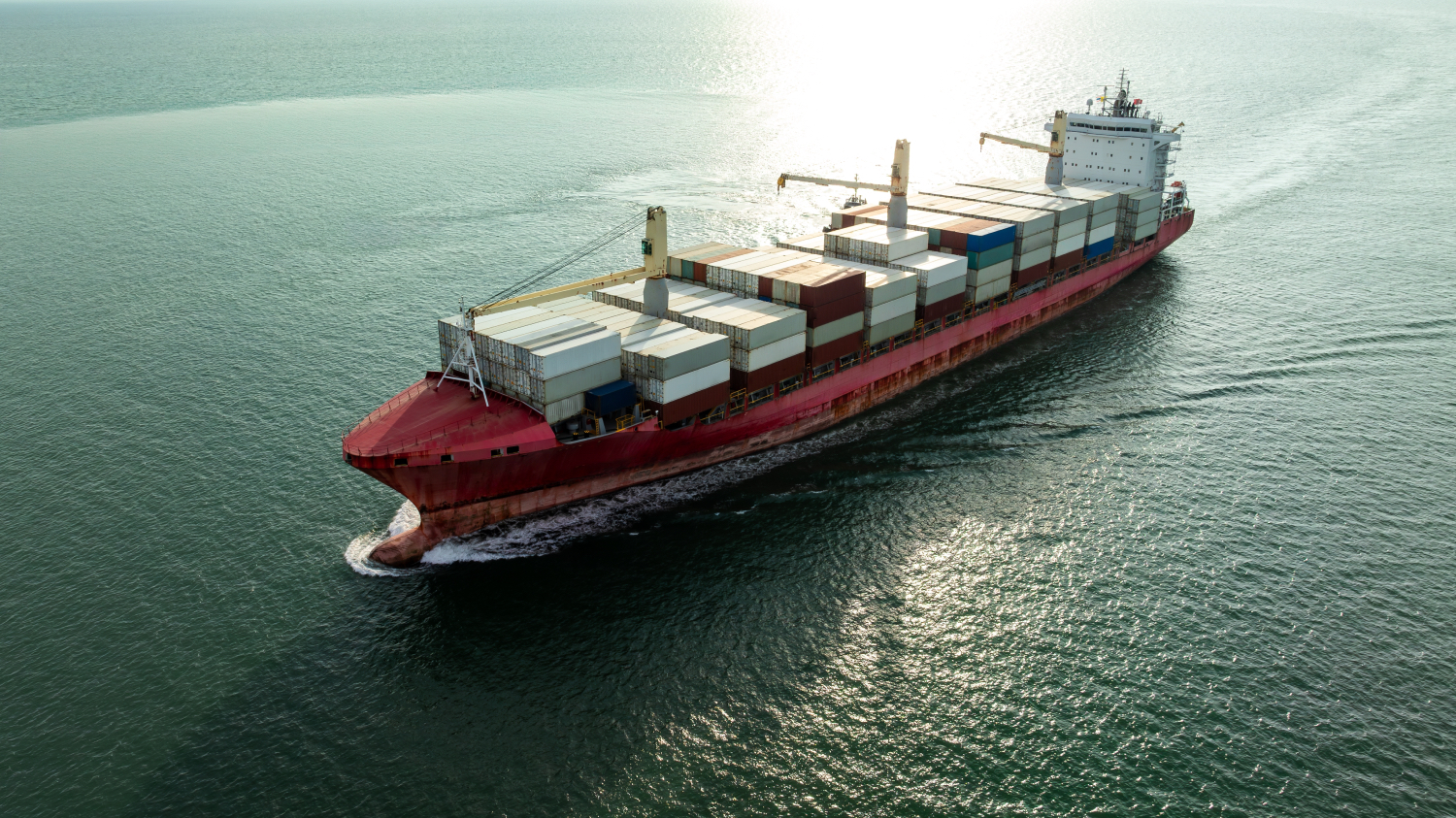IMO’s 2025 theme centres on sustainability and trade
‘Our Ocean - Our Obligation - Our Opportunity’ looks at the role of commercial shipping in building a thriving ocean economy.

Next year, the maritime world’s global standards-setting authority is shining a light on commercial shipping, the engine of global trade. The International Maritime Organization (IMO) has chosen ‘Our Ocean - Our Obligation - Our Opportunity’ as its theme for 2025, reflecting the ocean’s vital role in the world economy, with more than 80% of trade transported by sea.
“For shipping, the obligation and the opportunity are two sides of the same coin,” says Patricia Charlebois, Deputy Director, Marine Environment Division (Sub-division for Ocean and Pollution Response) at the IMO. “The obligation to comply fully with IMO regulations (on safety, security and [the] protection of the marine environment) also represents an opportunity for the sector to become more sustainable, efficient, prosperous and innovative. For example, regulations that support decarbonisation has spurred various innovations to make ships more energy efficient.”
Opportunities also come from prosperous trade flows and a thriving blue economy, from offshore renewable energy to sustainable tourism, that works for everyone. These help to lift more people out of poverty and sustain modern living standards, as well as unlocking new solutions to existing and emerging problems.
The ocean is a resource for all - a source of jobs and food for millions of people, a home for countless marine species, and a regulator of the planet's climate, mitigating the impacts of climate change. Protecting and conserving this precious resource, now and into the future, is a key obligation on all those active in the ocean space, but perhaps it is one that most particularly weighs on commercial shipping.
Sustainability is key
As the largest sector operating in the ocean space, international shipping has a central role to play in the protection of the marine environment and management of ocean resources. The IMO, which represents 176 member states, has worked for decades to put in place a robust regulatory framework to support cleaner, safer seas, including binding treaties such as the International Convention for the Prevention of Pollution from Ships (MARPOL), first adopted in 1973, covering pollution from oil, dangerous chemicals, packaged goods, sewage and garbage, and harmful emissions from ships.
Other marine environment related treaties protect against the dumping of waste at sea (London Convention and Protocol), ballast water rules to prevent the spread of potentially invasive aquatic species (Ballast Water Management Convention), and the control of anti-fouling systems and preparedness and response for spills of oil or chemicals.
This regulatory framework is constantly evolving and updated to accommodate new threats and challenges to the marine environment, such as marine plastic litter and greenhouse gas emissions from ships.
The IMO’s new theme emphasises the link to wider global efforts to protect the ocean. These include the conclusion of a UN Agreement on the Conservation & Sustainable Use of Marine Biological Diversity of Areas beyond National Jurisdiction (BBNJ Agreement), the negotiation of a new instrument to address plastic pollution and the third UN Ocean Conference in June 2025.
“We will be sharing some initiatives later on,” reveals Charlebois. “But we invite all stakeholders in the industry to do what they can to raise awareness amongst their employees, networks and the wider public about what needs to be done and what is already being done day to day to ensure shipping is clean and sustainable, and how the maritime industry can be part of the efforts to ensure that the ocean not only can sustain us today, but generations to come.”
The theme will culminate in the celebration of World Maritime Day on 25 September 2025.
Join a Special Interest Group which centres on your interests to help shape the industry in 2025 and beyond.
Image: container ship sailing in sea; credit: Shutterstock.
Tell us what you think about this article by joining the discussion on IMarEST Connect.
